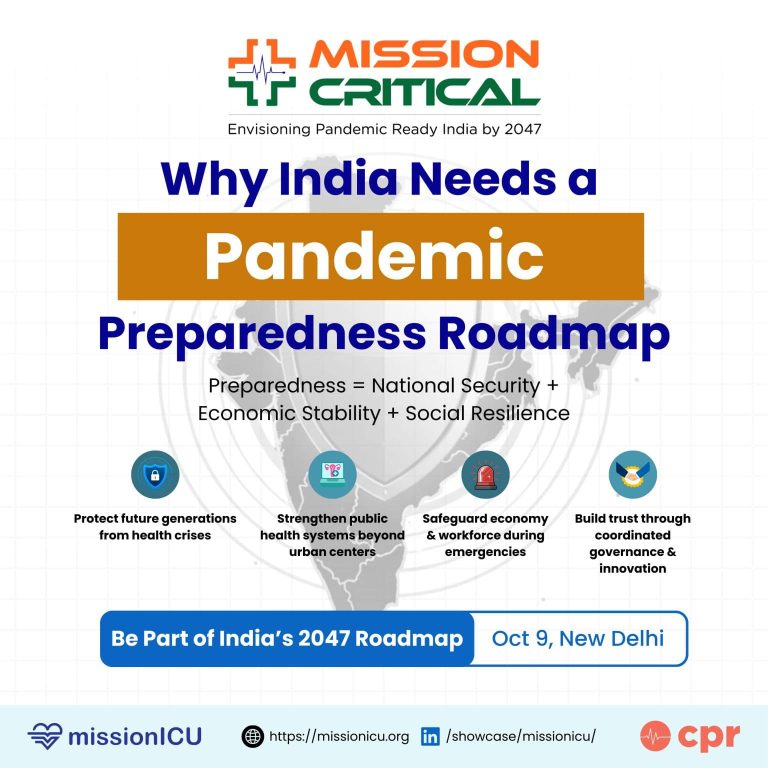“Imagine a situation where you equipped a rural area with a high technology ICU bed but it remains unused because people do not know how to use it. Providing a solution is not enough in today’s time. We really need to ensure its adequate implementation.” Said Dr. Nishan while having a conversation about current problems in rural healthcare in India.
Dr. Nishan is a medical graduate and holds a degree in Masters of Public Health from TISS. (Tata Institute of Social Sciences). He is currently working as an independent consultant. He provides his services to NGOs, government programs, consulting firms and pharmaceutical companies, depending upon their public health requirement. His core area of work revolves around statistical programming, automation, etc. He got to work in various healthcare set ups including rural and tribal during his TISS days. “To become a good public health specialist, you must have excellent knowledge of your specialty area. You must also have a sound knowledge of laws, policies, organization structures and medical ethics related to your field of work. You must also know how to work with data and interpret it correctly. You will also have to learn how to use information technology properly for your work.” He spoke.
While talking about the issues we are facing in rural healthcare, we discussed about lack of manpower working in these set ups. India’s doctors may be overworked and underpaid, which makes it difficult for patients to get treatment. India has around 2.8 million healthcare workers- or doctors, pharmacists and nurses. They’re all underpaid compared to their peers back home and abroad. This causes many Indian citizens to look elsewhere for medical treatment when they’re sick- which can be dangerous when patients can’t afford transportation costs. There are ways for people to help out in these healthcare areas without being a doctor or a nurse. For example, there’s a clinic system run by volunteers called village systems that provide free healthcare services to poor Indians. Or, people can donate money and medicines so doctors don’t have to work so hard for their patients’ allowance. Choosing a rural set up might be a tough choice for most of the doctors after spending all the money and youth over their medical education. Hence, healthcare professionals move from rural areas to cities for better pay and employment opportunities. This limits the number of medical professionals available in smaller towns. Healthcare in rural areas is generally poor compared to cities. Most rural areas lack proper medical facilities, equipment and trained personnel. Even though India is one of the largest nations in the world, its total space is limited, which limits the number of people who can live in rural areas. Even when space permits, there are fewer medical facilities in rural areas due to less wealth, transportation issues and fewer people living there.
India has made great improvements in recent years, but there’s still work left to be done when it comes to rural health care. Doctors and patients alike need more financial stability when it comes to treatment costs, which can be easily remedied with donations and volunteer work. The referral pathways are needed to be strengthened. It is important to know when and how to refer patients. The standards of the treatment need to be addressed properly. The changes we want to see today would not happen overnight. It’s a continuous, gradual process. We really need to plan our short term and long-term goals to overcome every challenge we face today. The future is bright but we all must join our hands together.
“Rural Healthcare is the most important part of this country’s community health. There’s no need for anyone living in rural areas to feel neglected when seeking medical assistance- there’s plenty that can be done and still can be improved”, he added.

Vaidehi pathak
Mission ICU - Donors
We would like to thank all our Mission ICU Donors who have contributed in the success of this mission.








